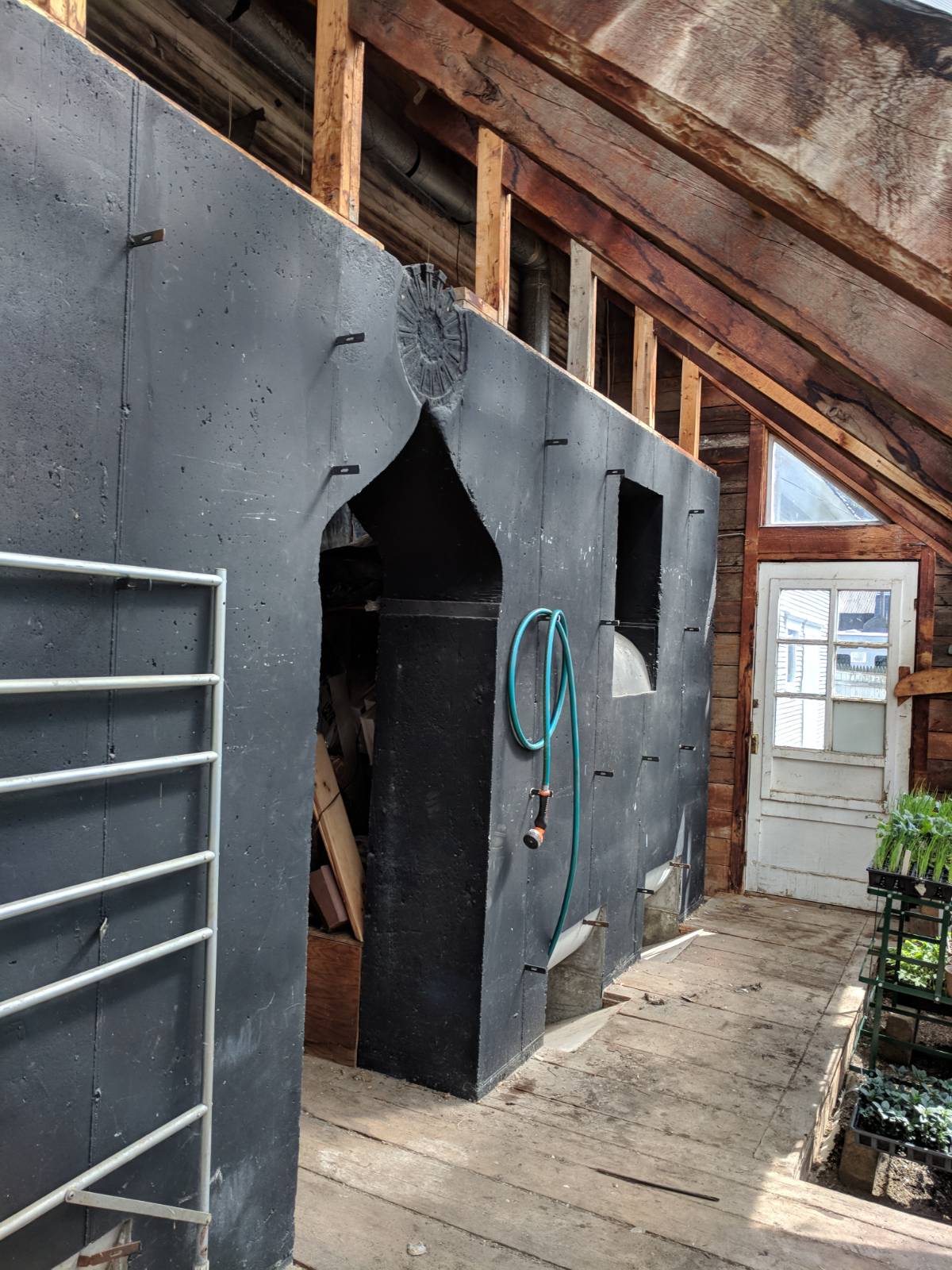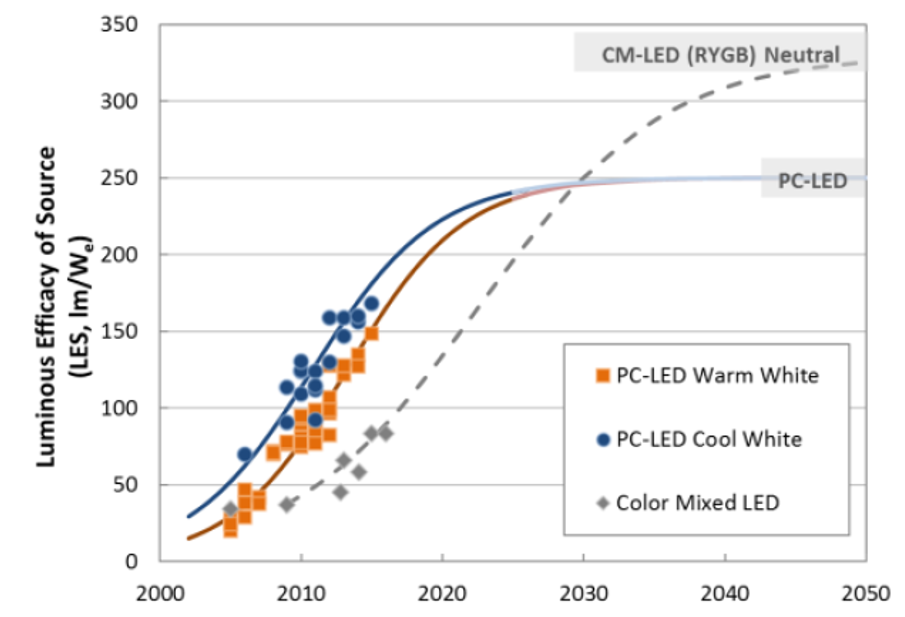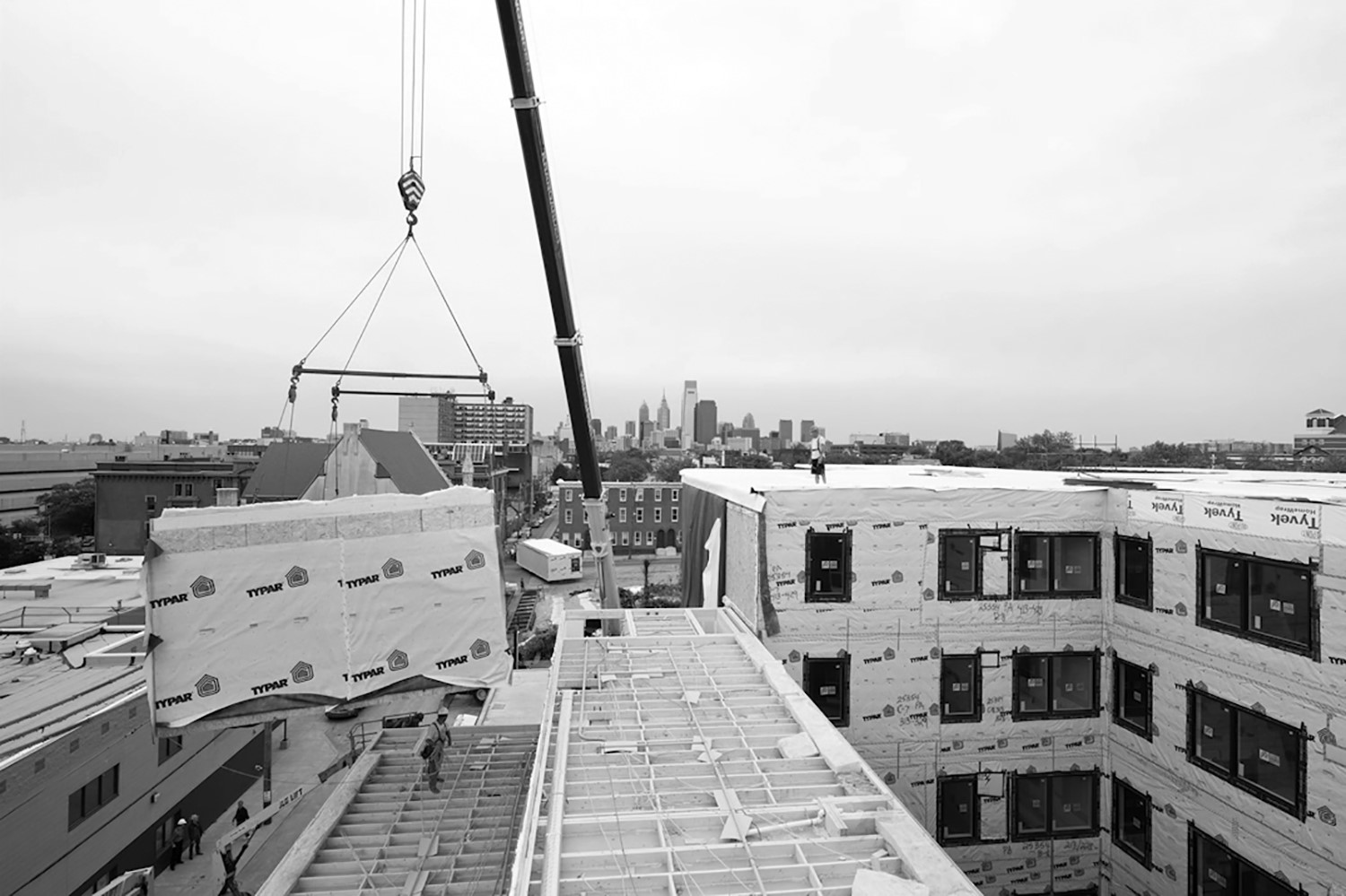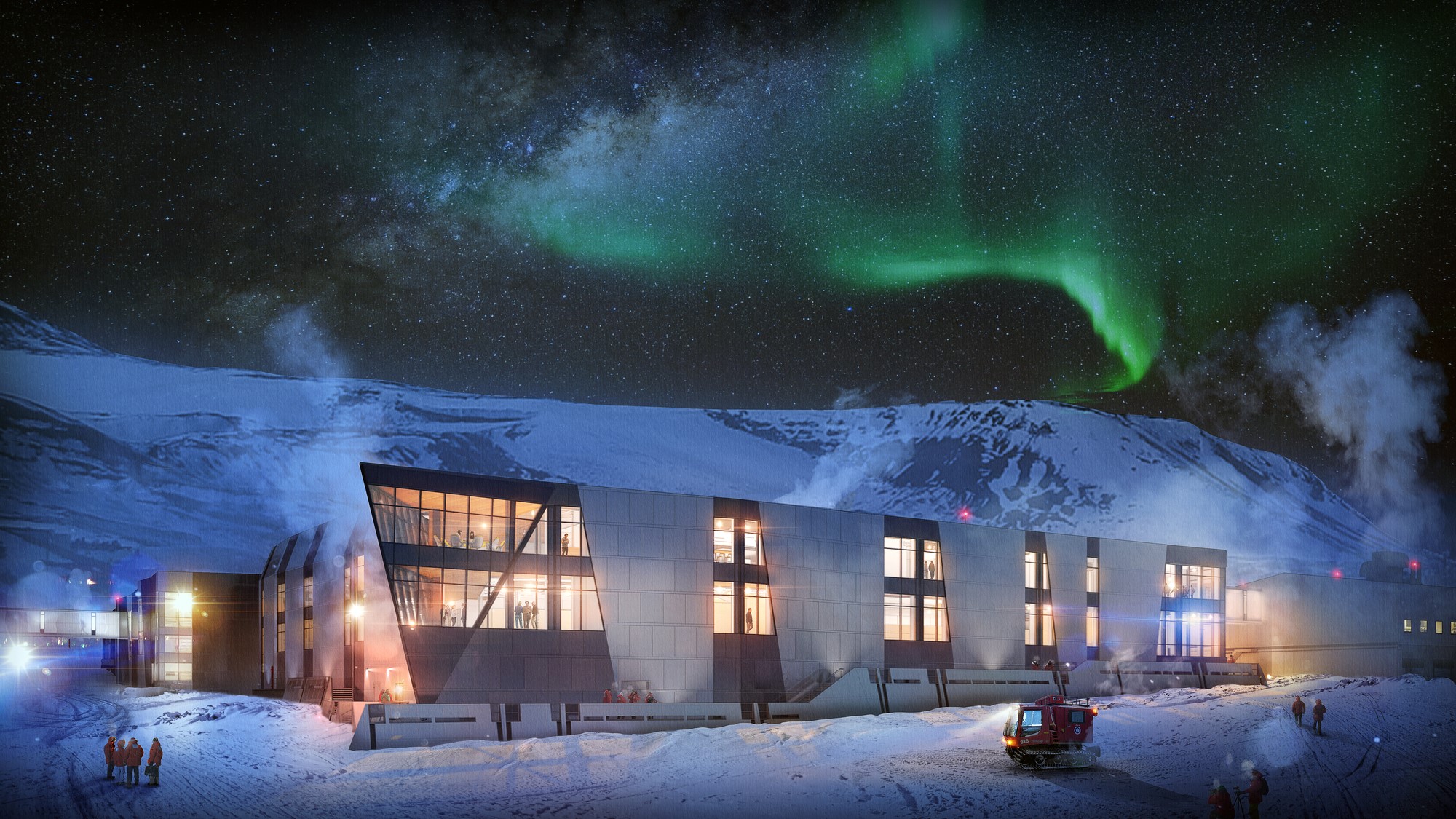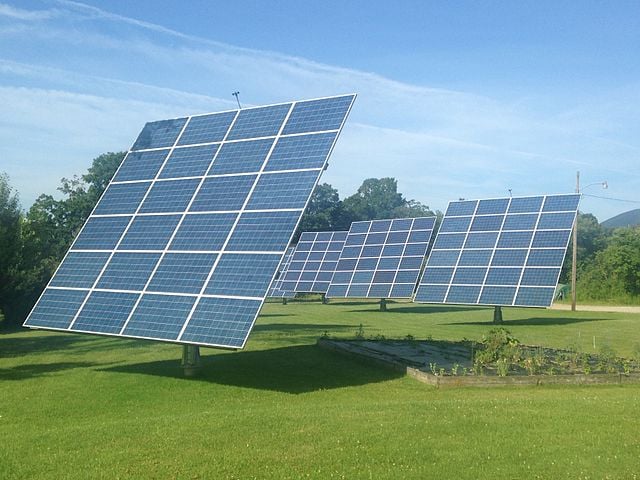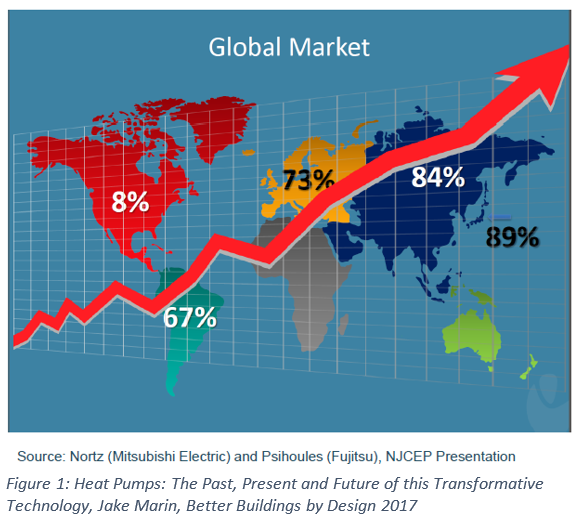In the mid-20th century, the lighting industry made major leaps forward with the evolution of dimming technology, which allowed users to control light levels. Today, modern lighting fixtures are equipped with digital controllers that provide many new capabilities that go far beyond basic dimming, including warm dimming, color-tunable, and color changing lighting options. Why and when might owners select these systems? How can engineers design them? And how can commissioning agents functionally test the equipment?
Recent posts by Gretchen Schimelpfenig
8 min read
Introduction to Dynamic Lighting Systems
By Gretchen Schimelpfenig on Jun 7, 2018 10:16:57 AM
Topics: Dynamic Lighting Lighting Lighting Controls
10 min read
Quantifying Benefits of Passive Solar Heating Technology
By Gretchen Schimelpfenig on May 23, 2018 10:42:34 AM
For eons, humans have used thick, thermally massive walls to store the heat of the day and to warm their homes at night. Due to America’s persistent dependence on fossil fuels, passive solar walls enjoyed brief mainstream popularity during the fuel crises of the mid-20th century, and residences across the country benefited from reliable, renewable heat. As gas prices declined, so did homeowner and developer enthusiasm for these low-energy systems. As we face a massive climate change calamity and most residential heating systems today are still served by volatile fossil fuels, it is time we revisit and incorporate passive solar technologies into our new buildings and renovations.
Topics: Sustainability Green Building Energy Efficiency renewable solar energy passive solar
6 min read
The Right Light for Your Building: Designing and Commissioning Wireless Lighting Controls Systems
By Gretchen Schimelpfenig on Mar 28, 2018 3:21:54 PM
Lighting control systems have become more ubiquitous in recent years. Whereas five years ago, sophisticated lighting control schemes were the realm of a few performance venues, nowadays your neighborhood grocery store uses wireless lighting controls that can be complex to calibrate and require attention to detail from design through to occupancy. Commissioning is vital to ensuring that installed equipment operates as designed and provides adequate light levels and indoor environmental quality, and user controls function as intended.
Topics: Building Cx & Design Review Standards and Metrics Energy Efficiency
5 min read
2018 Resolutions: Goals for the Building Commissioning Industry
By Gretchen Schimelpfenig on Feb 7, 2018 11:15:00 AM
Forty years ago, the practice of commissioning systems to ensure buildings deliver functionality and comfort for owners and users originated in Canada. Twelve years later, ASHRAE debuted Guideline 1 for the commissioning (Cx) process. For twenty years, the U.S. Green Building Council has included commissioning in LEED documentation, and in 2014, LEED v4 was released, requiring fundamental Cx, including design review, for all new construction projects seeking certification.
Topics: Building Cx & Design Review
5 min read
The Role of Commissioning for Industrialized Construction Projects
By Gretchen Schimelpfenig on Dec 6, 2017 2:52:00 PM
As buildings become increasingly complex and codes require more verification of performance, commissioning is as valuable as ever. “Savvy building owners recognize the gaps in the current design and construction process and the impact they have on the ability to achieve increasingly higher performance requirements” said Ryan Corker of the National Institute of Building Sciences in a November 2017 roundtable for the ASHRAE Journal. The Journal Editor asks: “Why is commissioning necessary if we have professionals designing buildings…shouldn’t everything just work correctly?”
Topics: Building Cx & Design Review
5 min read
Designing a High-Performance Building for Antarctic Conditions
By Gretchen Schimelpfenig on Sep 20, 2017 10:43:22 AM
The process of designing and constructing a highly efficient, comfortable, and healthy building is challenging enough when the site is in the United States; that becomes a much more difficult endeavor when the site is on the most remote and coldest place on Earth. The design team for the new McMurdo Station in Antarctica approaches the problem with a holistic mindset centered around stewardship.
Topics: Energy Efficiency Building Performance & Technology
4 min read
High Performance Neighborhoods: Sustainable Water Use
By Gretchen Schimelpfenig on Jun 28, 2017 10:00:00 AM
Earlier this month, the New England chapter of the American Institute of Architects’ (AIA) Committee on the Environment held their annual leadership summit in Burlington, Vermont. As the keynote speaker, Clark Brockman – principal at SERA Architects and a leader in his field – delivered a presentation on district scale solutions for net zero energy and water in communities.
Topics: Sustainability Public Policy
4 min read
Community Engagement for Carbon Neutrality
By Gretchen Schimelpfenig on May 10, 2017 10:00:00 AM
On Samsø Island in Denmark, Søren Hermansen led a community of 3,724 to achieve their zero-carbon goals in ten years. Today, every person on the island has a negative carbon footprint. What can cities in Vermont learn from Danish methodologies of stakeholder engagement so they can reach their carbon reduction goals?
Topics: Sustainability Public Policy
6 min read
Renewable Energy Generation in the United States
By Gretchen Schimelpfenig on Mar 15, 2017 10:00:00 AM
Renewable energy resources – including solar, wind, geothermal, hydroelectric, biomass (any organic non-fossil material of biological origin), ocean thermal, wave action, and tidal action – are becoming a larger part of the American energy portfolio.
Topics: Sustainability Public Policy
3 min read
Heat Pumps Catered to Colder Climates; Will Increased U.S. Adoption Continue?
By Gretchen Schimelpfenig on Feb 22, 2017 10:00:00 AM
The origin stories for heat pump technology are economic. Applying Lord Kelvin’s theory that disputed the concept that heat could only flow ‘downhill’, Peter von Rittinger turned an expensive wood-based salt processing enterprise into a money maker by using heat pumps to desiccate salt brine. In the 1970s during the oil embargo, modern heat pump sales increased by 500% as heating and cooling costs squeezed homeowners. The innovation of ductless heat pumps in Asia created an alternative to costly kerosene space heaters and PTAC units. The energy efficiency of heat pumps directly translates into financial savings; why does the U.S. market still pale in comparison to the rest of the globe (Figure 1)?



